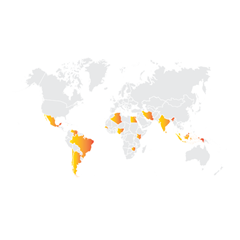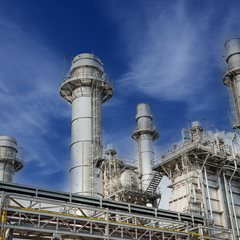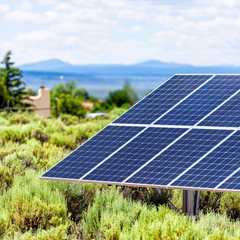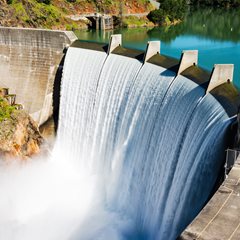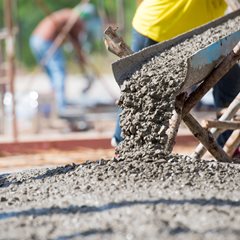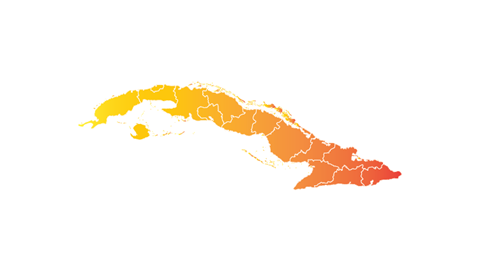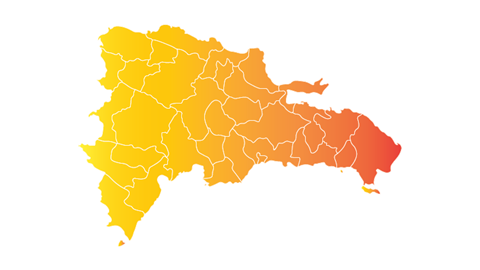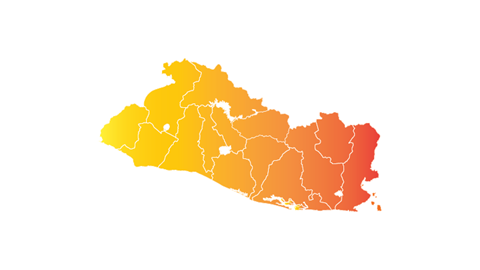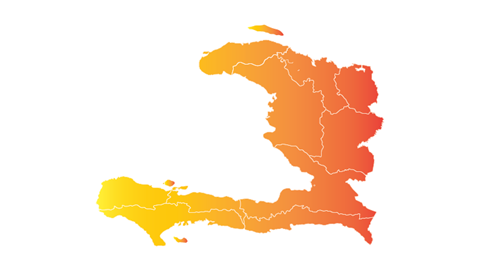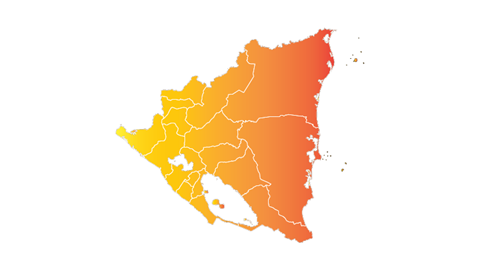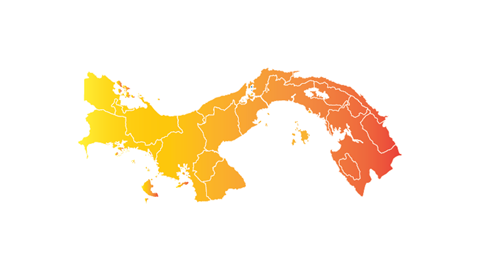Jamaica
Critical minerals, policy, and the energy transition
The Energy Transition in Jamaica
Jamaica’s energy transition is guided by the ambition to diversify its energy mix, reduce dependence on imported petroleum, and enhance energy security through renewable energy development. The country’s National Energy Policy 2009–2030 and successive Integrated Resource Plans (IRP) target 50% renewable electricity generation by 2037, focusing on solar PV, wind, hydro, and waste-to-energy solutions. Along with independent power producers, the Jamaica Public Service Company (JPS) leads energy generation and grid management, supported by regulatory oversight from the Office of Utilities Regulation (OUR). Major renewable projects include the Wigton Wind Farm, the largest in the Caribbean, and expanding utility-scale and distributed solar initiatives. Jamaica does not produce critical minerals domestically and relies on imports for materials such as lithium, cobalt, nickel, and rare earth elements needed for renewable technologies and storage systems. Key challenges include hurricane vulnerability, grid integration of intermittent renewables, and securing financing for large-scale infrastructure upgrades. However, Jamaica’s stable regulatory environment, clear policy direction, and active pursuit of climate finance position the island as a regional leader in clean energy transition. Continued focus on innovation, resilience-building, and investment mobilisation will be essential to achieving Jamaica’s renewable energy goals and strengthening its long-term energy independence.
Jamaica's international economic, trade, and security alliances
Jamiaca's energy and power mix
Critical Minerals production in Jamaica
Energy Raw Materials and products produced in Jamaica
Essential minerals production and products in Jamaica
The journey of Central America and The Caribbean's critical minerals
Central America's progress in renewable energy is anchored on essential minerals like lithium, nickel, cobalt, PGMs, rare earths, and minor metals. These are crucial for advancing low carbon and future technologies, backed by policies promoting sustainable mining and innovation. This strategy emphasizes the significance of these minerals in paving the way toward a sustainable and energy-secure future. Learn how these critical minerals are fundamental to Central America's transition to sustainable energy.




Meet the Critical Minerals team
Trusted advice from a dedicated team of experts.

Henk de Hoop
Chief Executive Officer

Beresford Clarke
Managing Director: Technical & Research

Jamie Underwood
Principal Consultant

Dr Jenny Watts
Critical Minerals Technologies Expert

Ismet Soyocak
ESG & Critical Minerals Lead

Thomas Shann Mills
Senior Machine Learning Engineer

Rj Coetzee
Senior Market Analyst: Battery Materials and Technologies

Franklin Avery
Commodity Analyst

Shunjie Zhao (Tony)
Commodity Analyst: APAC

How can we help you?
SFA (Oxford) provides bespoke, independent intelligence on the strategic metal markets, specifically tailored to your needs. To find out more about what we can offer you, please contact us.




